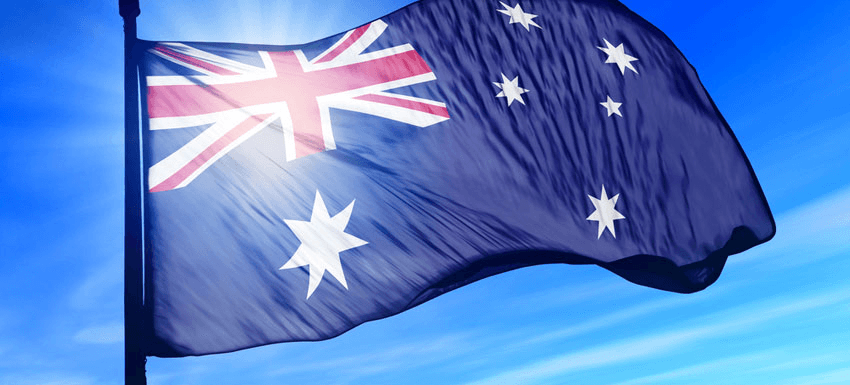
Pakistan’s Online Gambling Market: A Shadow Economy Caught Between Sharia and State Law
Pakistan’s online gambling ecosystem has evolved into a distinct underground economy, operating in the legal grey zone between Islamic Sharia and national law. Despite the Gambling Ordinance of 1977 and Sections 294-A to 294-D of the Pakistan Penal Code clearly prohibiting all forms of gambling, a growing grey market continues to thrive through international betting platforms and local agent networks. In 2023, the estimated annual transaction volume of this underground sector surpassed PKR 50 billion (approximately USD 180 million).
The main driver behind this market is the country's fervent interest in cricket betting—particularly during the Pakistan Super League (PSL) and the Indian Premier League (IPL), when underground betting volumes spike by up to 300%. Young male bettors often access international platforms like 1xBet and Dafabet via VPNs, or join local "credit betting" circles organized by bookies through WhatsApp and Telegram groups.
While the Pakistan Telecommunication Authority (PTA) has blocked over 200 gambling-related websites in recent years, technological workarounds abound. These include cryptocurrency payments (e.g., USDT) and informal hawala networks for cross-border settlement.
A major regulatory dilemma lies in the disconnect between law and enforcement. While theoretically, violators can face up to one year in prison or fines, enforcement primarily targets physical gambling dens. Online betting remains largely untouched. A 2022 ruling by the Sindh High Court further complicated oversight by stating that whether online poker constitutes gambling must be assessed on a case-by-case basis.
Notably, some international operators use licenses from jurisdictions like Curaçao or the Philippines to legally offer services to Pakistani users, complete with Urdu-language interfaces and rupee-based transactions. Locally, underground agents form layered networks often based in cricket clubs or cafés, offering post-event credit settlements and other services.
The Pakistani government faces a dilemma. On one hand, the Council of Islamic Ideology strongly opposes any move toward legalization. On the other, concerns over tax losses and capital flight are mounting—with over USD 60 million believed to have been funneled to offshore platforms via cryptocurrencies in 2023 alone.
Looking ahead, two key factors could shape the market’s future: the spread of 5G technology, which may expand the player base, and mounting pressure from the Financial Action Task Force (FATF), which could force the government to strengthen financial surveillance.
For now, the cat-and-mouse game between regulators and the underground economy continues. And with each new cricket season, the country’s legal framework faces a renewed test.



 6Days ago
6Days ago














